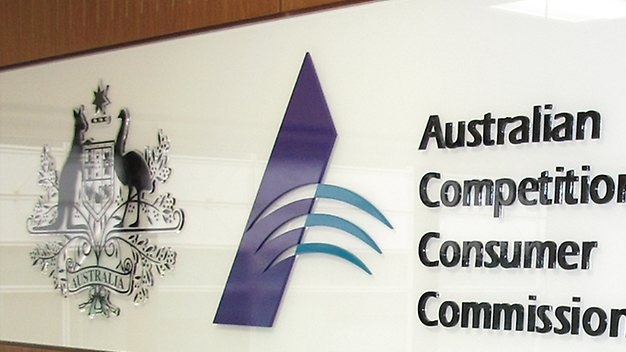
6 March 2015. The Australian Competition and Consumer Commission’s annual telecommunications reports for 2013-14 show that the prices paid by consumers for telecommunications services fell by 2.7 per cent in real terms in 2013-14.
The reports, tabled in Parliament yesterday, reveal that the average real prices of landline and mobile voice calls have now fallen by around 50 per cent since 1997-98. Broadband customers are also benefiting from larger data allowances, faster speeds and lower prices.
“Competition is driving substantive reductions in the price of telecommunications services, significant infrastructure investment to improve the quality and coverage of services, and technological innovation,” ACCC Chairman Rod Sims said.
“Consumers are seeing lower prices and improved services as a result of the vigorous competition that began in the 1990s.”
The report also notes that the structure of the telecommunications industry and the role of the NBN will have a fundamental influence on the delivery of telecommunications services for many years to come.
“The Australian Government’s review of the structure and regulation of the telecommunications industry in 2014 was an important opportunity to re-examine the competitive safeguards and policy settings in the sector,” Mr Sims said.
“The ACCC supports the review’s focus on the benefits of infrastructure-based competition.”
NBN Co made significant investment in fibre infrastructure during the year while investment in legacy networks declined. As the NBN is progressively rolled out, consumers will be disconnected from the copper network as the NBN becomes available to them. Mr Sims noted that the NBN migration is not automatic and it is important consumers understand what they need to do to switch over to the NBN.
“Once the NBN is available in your area, we encourage you to contact your preferred retail service provider to discuss the migration process and to ensure you continue to have access to landline phone and internet services,” Mr Sims said.
“If consumers don’t switch over to the NBN on time, they face the risk of losing their telephone or Internet service at the cut-off date and a delay before they can be connected to the NBN.”
The ACCC has further information about migrating to the NBN on its website.
Investment in mobile networks was also strong as mobile network operators responded to consumer demand for high quality mobile and wireless data services. The reports showed that Telstra continued to strengthen its market share in mobile handsets and wireless broadband markets in 2013-14.
Consumers used their mobile phones more intensively during the year, particularly for data services. However, mobile handset and wireless broadband subscriptions started to reach saturation levels after strong growth in recent years.
Consumers downloaded more data across all platforms, but continued to favour a fixed line connection for data-intensive activities, such as downloading movies and gaming. Fixed line connections accounted for 93 per cent of all downloads in 2013-14.
The reports also provide further detail on key developments in telecommunications markets and outline the ACCC’s regulatory activities during the year.
The ACCC Telecommunications Reports for 2013-14 are available on the ACCC website. ACCC telecommunications report 2013-14
| < Prev | Next > |
|---|








